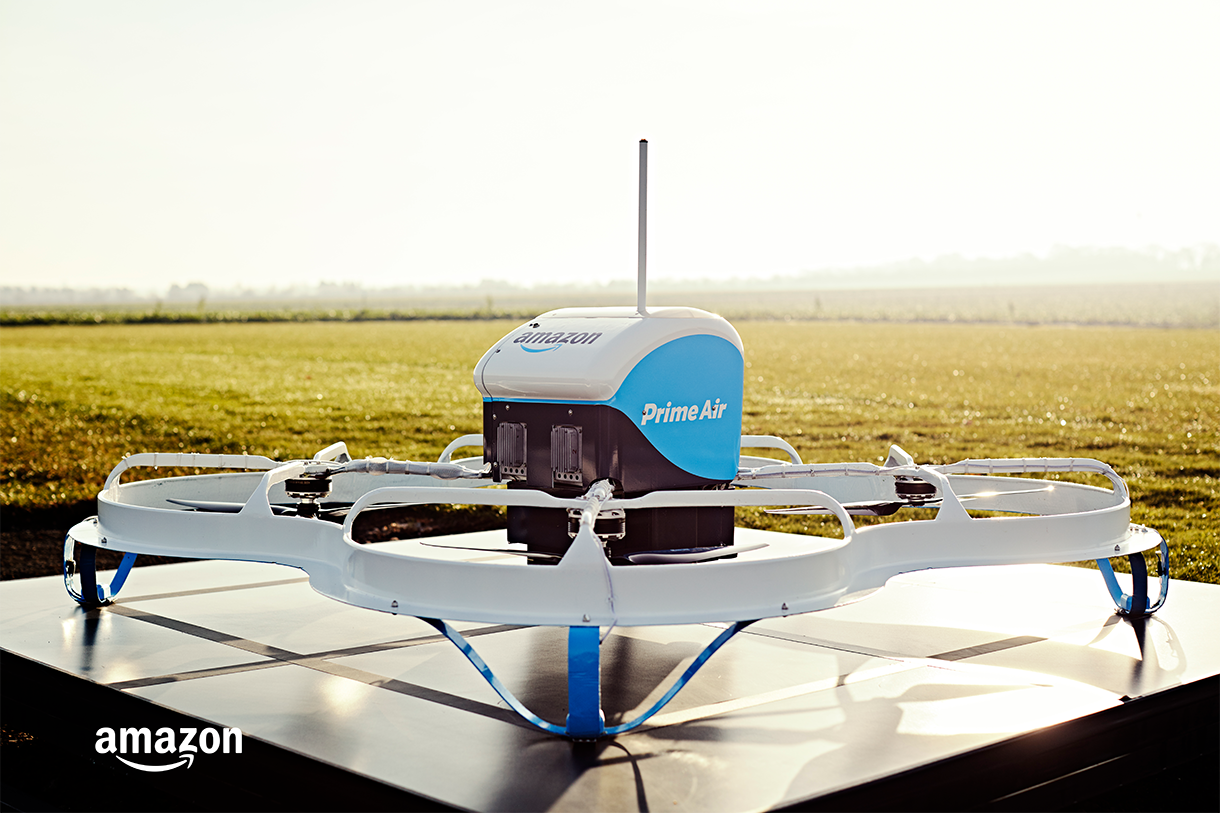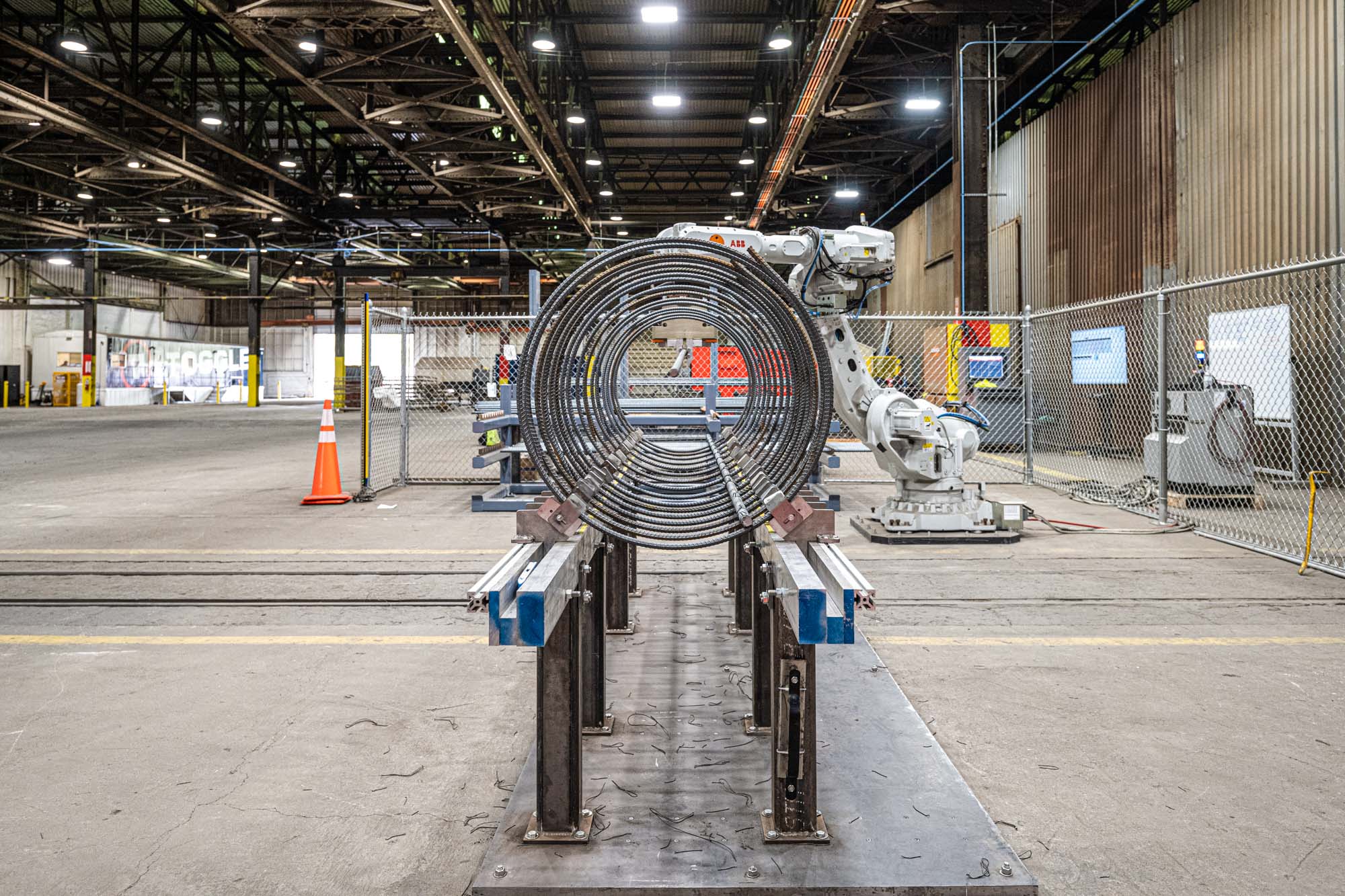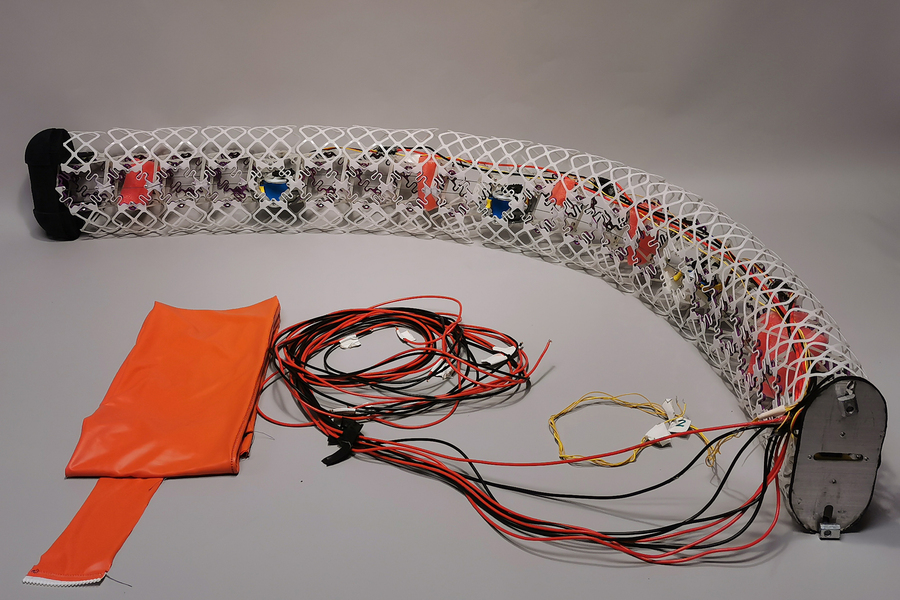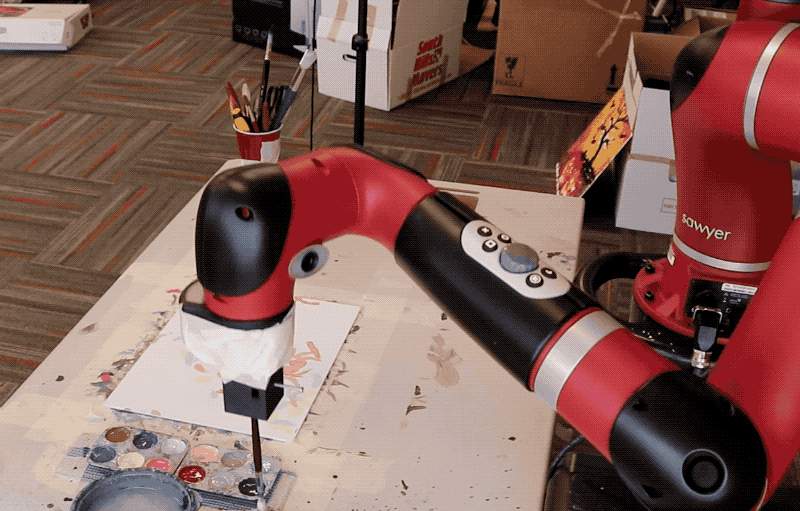Hype machines
The age-old question in my industry is, “Where are we in a given hype cycle?” For now, crypto news cycle dominance has, thankfully, died now, largely through its own self-destructive tendencies. FTX obviously served as the most prominent recent example of what happens when the tech community believes its own hype.
You so badly wish for the success of a concept that you lose the thread. Sprinkle in legitimately bad actors and platforms that allow such actions to thrive, and you’ve got a recipe for catastrophic implosion.
None of this is to say, of course, that the end of a specific hype cycle always represents the end of the associated technology. Crypto, in most of its countless iterations is, for better or worse, still around. I’m a veteran of the great consumer 3D printing wars, as an editor for Engadget several years ago. That technology certainly still exists, but the industry has contracted, interests have shifted toward industrial applications and certain pragmatism has settled in.
Nor does this prelude another potential hype cycle from arising. Take VR. This one seemingly crops up every year like clockwork. The technology has largely advanced in those intervening years, but broad questions of cost, market and content persist. I tried out the latest headsets from Meta, HTC, Magic Leap and Sony last month at CES. All of these demos were impressive, but I think we’ve all (rightly) become cautious in what, precisely, that means for the category. Bad early experiences go a long way toward putting people off long term. That, at least in part, is impacting metaverse fortunes.
To paraphrase the great Chuck D, don’t believe it — or, at the very least, temper your expectations.
Any doubt that AI was going to be next to fill in that crypto-shaped hole in tech news coverage was laid to rest by this week’s back-to-back Microsoft and Google events in Seattle and Paris, respectively. People were already understandably excited by the arrival of DALL-E, ChatGPT and their ilk. The results are impressive in many cases — and more so when those tools are suddenly accessible to the public.
An upside of this is that some of these ideas are entering mainstream consciousness, and people are rightfully engaging in philosophical and ethical debates. Important questions around the nature of art and plagiarism have emerged, and sites like CNET were understandably put through the wringer for its implementation of “robot journalists.” I have no doubt that it will be possible to automate large swaths of my job in my lifetime.
But the site’s self-declared “experiment” got the company in hot water over mistakes introduced in the process. Bottom line, in an era of rampant mis- and disinformation, it’s probably not the best idea to “experiment” in a public forum on a well-regarded news platform. Meanwhile, Google’s Bard platform shared some of its own mistakes in an ad demo. We’re not talking FTX levels of distrust here — and I’ll be the first to admit that I, a human reporter, am far from perfect — but these are the sorts of things that raise issues. And as a human reporter, a big part of my — and our — job is to set realistic expectations. Certainly we can’t rely on the companies to be outwardly pragmatic about their own products. I do, however, believe that we’re complex beings with evolved brains who are capable of being both excited and realistic about technology all at once.
Covering robotics has presented a similar issue. I’ve written in the past about the ways in which fictional portrayals have set unrealistic expectations about technology — both positive and negative. As someone who attempts to approach this stuff with an objective lens, calibrating expectations is a part of the job. So, too, is spelling out both positive and negative consequences.
There are plenty of great industry cheerleaders out there, but breathless reporting isn’t my function in all of this. Nor is unnecessarily piling on technology for the sake of getting clicks (as much as the people whose job it is to watch traffic might disagree). And, again, as a sentient cluster of 30 trillion cells, I won’t always get it right.

Image Credits: Pavlo Gonchar/SOPA Images/LightRocket via Getty Images
Robotics is certainly not immune from these hype cycles. Though even as investing interest has increased dramatically, the fact that most of the real-world applications are industrial has likely gone a ways toward adjusting some consumer expectations. Boston Dynamics’ extremely adept social marketing is probably the closest we’ve seen as far as eliciting a public reaction. Tesla tried but has thus far only shown Optimus in small doses — and likely for very good reason.
One valuable element of Boston Dynamics’ recent Atlas video is the inclusion of behind-the-scenes footage. While this ultimately only receives a fraction of the coverage, it’s important to give interested parties access to content that tells more of the story. This has the dual benefit of highlighting how much work went into the polished product you see, while setting a somewhat more realistic vision of what these products can and can’t do.
Last week, we started highlighting robotics companies that are still hiring and the response has been overwhelming. Fingers crossed that the recent U.S. jobs report is the bellwether for positive economic outcomes. Past TC Sessions: Robotics panelist Marty Walsh has reportedly decided to go out on top, apparently exiting the labor secretary role to head over to the NHL Players’ Association. Certainly, the former mayor of Boston has a strong labor background.
We don’t want to get ahead of ourselves predicting market fluctuations. The fact of the matter is that it’s still tough out there — particularly in the tech world at the moment, so I’m happy to keep things going for the foreseeable future, as long as there’s still interest. If you want to be included in next week’s Actuator, drop me a line with the name of your company and the number of roles you’re currently hiring for.

Image Credits: erhui1979 / Getty Images
Here’s this week’s batch:
Verdant Robotics (7 openings)
Figure (15 openings)
ANYbotics (6 openings)

Image Credits: Amazon
Hot off the press (as I’m writing this, at least) is a new bipartisan bill, introduced by Senators Mark Warner and John Thune, called the Increasing Competitiveness for American Drones Act of 2023. I will say that Warner certainly has a track record of interest in technology. I spoke to him at CES last month, and unfortunately we didn’t get to the topic of drones during our brief conversation.
As the name suggests, the bill is intended to help proliferate drone construction and deployment in the U.S. by effectively limiting certain regulations and adhering to a new FAA established “risk methodology.”
“Drones have the ability to transform so much of the way we do business. Beyond package delivery, drones can change the way we grow crops, manage disasters, maintain our infrastructure, and administer medicine,” Warner says in a release. “If we want the drones of tomorrow to be manufactured in the U.S. and not in China, we have to start working today to integrate them into our airspace. Revamping the process for approving commercial drone flight will catapult the United States into the 21st century, allowing us to finally start competing at the global level as technological advancements make drone usage ever more common.”
The language used throughout appears to target DJI in particular. No surprise, as the Shenzhen-based company currently controls more than 75% of the global enterprise drone market. We’ll be following the bill as it progresses.

Rebar robotics firm Toggle Image Credits: Toggle
More raises on the construction robotics front as Toggle pulls in another $3 million. The NYC-based firm, which makes rebar-bending robots, has raised $15 million to date. Anecdotally, there’s a strong case to be made that construction is currently the hottest robotics investing vertical at the moment.
CEO Daniel Blank told TechCrunch:
With a renewed interest in American manufacturing and production capacity and the investments pouring into infrastructure and renewable energy in particular (but also batteries and microchips manufacturing), we have been successful at navigating the difficulties whether due to our category, a slowing economy or the pandemic. In this round, adding strategic investors, we’ve demonstrated that the problem of labor cost, availability and speed is really at the forefront for construction firms and they are going directly to the tech startups rather than through VCs to access solutions.

Image Credits: MIT
A pair of research projects to take us out this week. As I noted in the initial post, I really like this quote from MIT’s Alfonso Parra Rubio: “Treating soft versus hard robotics is a false dichotomy.” It’s one of those ideas that seems obvious on the face of it, speaking as a collection of soft tissue bound to a rigid skeletal structure. In this case, it refers to the school’s work on underwater robots made of modular pieces that make them flexible in certain directions and rigid in others.
The modular component also means a dramatic reduction in the amount of time required to construct such systems.

Image Credits: CMU
Finally, bringing us full circle is FRIDA (Framework and Robotics Initiative for Developing Arts), a project from CMU that attempts to bring generative AI–style art to real-world canvases via a robot arm.
“FRIDA is a project exploring the intersection of human and robotic creativity,” says CMU professor Jim McCann. “FRIDA is using the kind of AI models that have been developed to do things like caption images and understand scene content and applying it to this artistic generative problem.”

Image Credits: Bryce Durbin/TechCrunch
Want to support human-written robot newsletters? Subscribe to Actuator.

